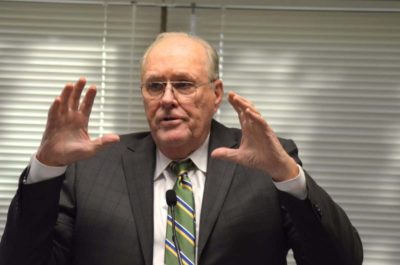Perhaps nothing is more important than quality education of students when they’re young. And yet access to Pre-Kindergarten education is not universal in North Carolina.
In North Carolina, we have NC Pre-K: North Carolina’s full-day public Pre-K program. After the revised 2016-17 budget passed this summer, the current number of NC Pre-K slots available for the state’s children is 29,400.
Some districts use their own money to fund additional students in NC Pre-K or their own local Pre-K, and some use federal Title I dollars.
Tracy Zimmerman, the executive director of the NC Early Childhood Foundation, said the limitation on giving more children access to public Pre-K all comes down to one thing: funding.
Given our conversations with candidates running for office, Pre-K is going to be an important conversation for the upcoming election and the next session of the legislature. We conducted podcasts with candidates for Lieutenant Governor and Superintendent of Public Instruction. Though we didn’t ask a specific question about Pre-K, all the candidates independently brought the subject up. We took note.
So, below we round up the candidates feelings about Pre-K.
Gubernatorial Race
We offered both candidates the opportunity to do a podcast on education-related election issues, but neither accepted our invitation. Still, their public stances show that they have an opinion on the importance of Pre-K.
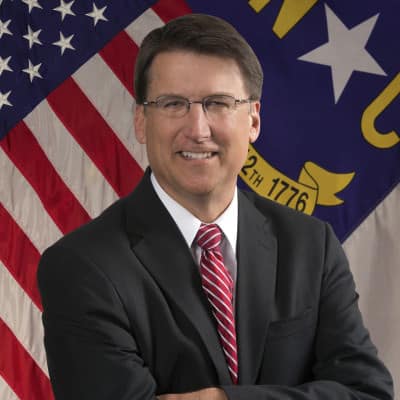

Governor McCrory has shown some support for the state’s Pre-K program both in word and action.
Back in 2014, he re-established the North Carolina Early Childhood Advisory Council through an executive order. That order also established a website that people could use to find childhood services.
On the Governor’s official website (not his campaign website), he says:
“The quality of care during early childhood can often determine the level of success a person achieves later in life,” Governor McCrory said. “The state of North Carolina is committed to giving parents every tool they need to make sure all of North Carolina’s children start life healthy, happy and eager to learn.”
According to The Mountaineer, he also said the following at the Western North Carolina Education Conference in 2015:
“We need to put money in at the early stages because once you have to recover, you’ve waited too long.”
And in his proposed budget for 2016, McCrory wanted an extra 400 slots for Pre-K for at-risk 4-year-olds. Ultimately, the final budget compromise provided an additional 260 slots for NC Pre-K.
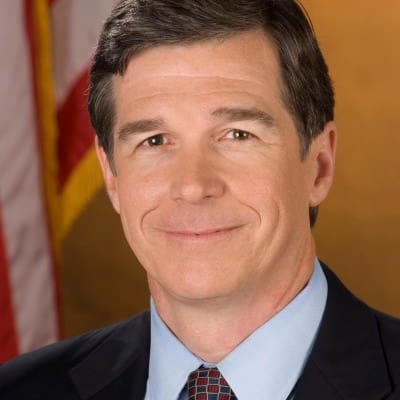

On his website, Attorney General Roy Cooper, the Democratic candidate for governor, specifically cites the importance of early childhood education. His website says that spending on Pre-K is down from where it was pre-recession. In 2008-09, it was $170 million, his website states. In 2014-15, it was $144.2 million.
“Early childhood education improves school readiness for all young children and helps to ease the transition into elementary school,” Cooper’s website states. “Early childhood education is especially beneficial to at-risk children by helping to reduce the achievement gap.”
“Although Governor McCrory talks about the importance of investing in early childhood education, he has yet to act or deliver a plan on how to make it a reality,” Cooper’s website states. “Funding for early childhood investment remains flat. Middle class families deserve more. They need a governor who will stand up for them.”
Lieutenant Governor
During our podcast interview with Lieutenant Governor Dan Forest, the Republican candidate in the upcoming election, we asked him how we should educate children in poverty. In response, he talked about the importance of early childhood education.
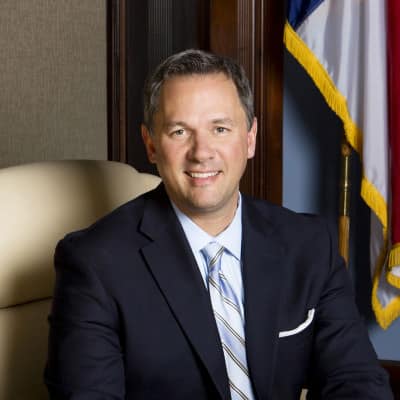

“I think certainly we have missed the boat on early childhood education and dealing with early childhood education in a proper fashion,” he said. “I think that when we dealt with it in the past, it’s like an all-in, one size fits all approach for the whole state, for every region, for every demographic. And that’s not really the way it works.”
He went on to say that policymakers and educators know which schools are struggling and know that there is a connection between struggling schools and poverty.
“And so I think you need to target those places…with early childhood education,” he said.
There are students that go to kindergarten never having read a book or having had one read to them, he said. They start off at a disadvantage.
“So doing a good early childhood education program that really does allow students to come in with some parity into kindergarten and first grade I think is critical, and I don’t think we’ve done that very well in the past,” said Forest.
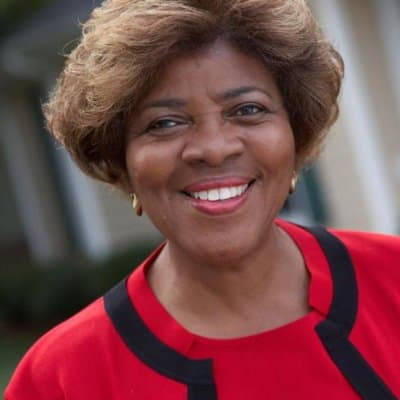

In our podcast with Linda Coleman, the Democratic candidate for Lieutenant Governor, Coleman also brought up Pre-K in response to the question about educating children in poverty.
“Well I think the first thing…is to ensure they get a good preschool education, and right now Pre-K is frankly unaffordable in North Carolina for families,” she said.
Coleman went on to say that she knows from experience how unaffordable private Pre-K can be. She has two very young grandsons, one of whom just came out of a preschool, she said.
“I can tell you that in North Carolina, a good five star Pre-K costs roughly between $950 and $1,400 a month” she said. “That is simply cost prohibitive or unaffordable for working families.”
She also said that North Carolina is one of a few states where preschool costs as much or more than a public university.
“That just will not do if we are going to have good preschool that sets up the foundation for a successful academic career from K-12,” Coleman said.
Superintendent of Public Instruction
During our podcast with Superintendent of Public Instruction June Atkinson, the Democratic candidate for the office in the upcoming election, Atkinson brought up Pre-K in response to a question about what keeps her up at night when she thinks about education.
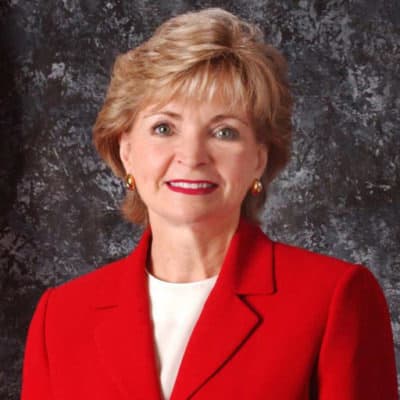

“I worry about our young children who don’t have the opportunity to be in quality preschool programs,” she said. “We have so much brain research showing the importance of quality early childhood education, and if we do not address that issue, then we are moving forward with one of our hands tied behind our back.”
She went on to say that investing in early childhood education could reduce the need for social services later in life, put students better on track to graduate from high school, and minimize health issues.
“So it’s very important to me that we address those young children whose minds are sponges, and we need to take advantage of that learning that takes place before children get to kindergarten,” Atkinson said.
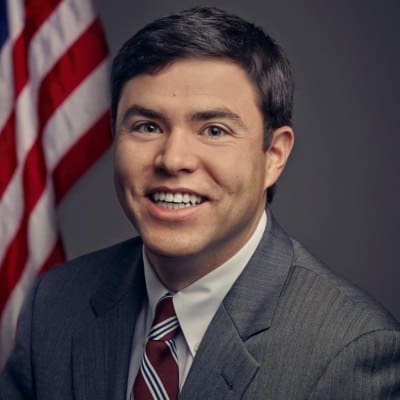

In our podcast with Mark Johnson, the Republican candidate for Superintendent of Public Instruction, he said the issue of Pre-K is a personal one to him.
“I have skin in the game. I have a three-and-half-year-old daughter. So she is in preschool right now. So I personally can tell you the importance of preschool, not that anyone listening to this will doubt the importance of preschool,” he said. “But it is something that is extremely important to me.”
Read more about the candidates here



